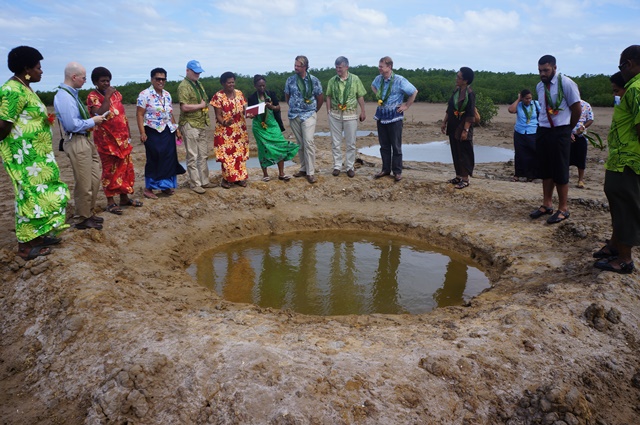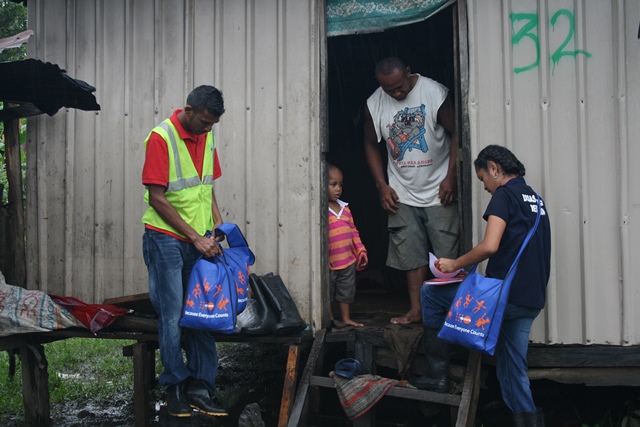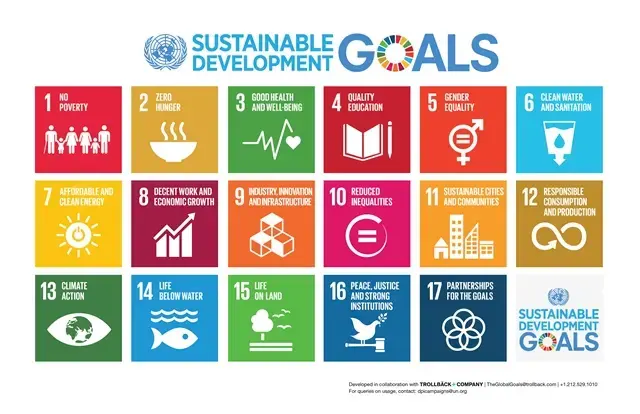FIJI has begun an exercise which hopes to engage as many citizens as possible in shaping its national development plan - an immediate five-year plan and a long-term 20-year development plan.
A public notice informs the plan "will set out medium and long-term goals, strategies and programs for growth and sustainable development for the benefits of all Fijians".

The nation-wide consultation began June 22. Invitation for submission is open to individuals, communities as a whole and/or organisations, non-governmental (NGOs) or otherwise. The United Nations Population Fund, UNFPA, is very much encouraged by this approach which fundamentally seeks inclusivity and a transparent process in the formulation of its national development plan.
"The UNFPA is hopeful women and young people will take advantage of this process. They are critical members of society who do not always get such direct opportunities to have a say in national development plans," Dr Laurent Zessler, UNFPA Pacific Sub-Regional Office director and representative said.
"This approach also sits very well with what the UNFPA emphasises with our developing partners, member states or otherwise, and that is our belief that for development to be effective, we must return people, human beings to the core of our plans."
The consultation should bring to the fore issues that individuals and communities are grappling with. Early reportage has seen sporting facilities for example as a common request from villages.
The importance of such spaces for young people cannot be and must not be underestimated. For most adolescence, the playing field is where they can meet their peers while engaged in a sport for example, and it is usually also the one space free of adult scrutiny.
However just as important for young people is actual engagement in the formulation of community submissions to the very important process of shaping development plans - they need to be allowed at the table for they will know best and can identify emerging needs that a development plan can address in the next 20 years.
In 2014, UNFPA Pacific supported a project by a village-based youth group which now benefits not just the villagers but residents of the farming community which surrounds the village, of Kuku in Tailevu. The young people were merely guided by their chief.
The ideas and formulation of plans, finding funding for it and then seeing it through to completion was an all-youth effort. The village health post also provides nurses during their monthly outreach visits the privacy of examination rooms.
The youth of Kuku Village were however given the freedom and a platform to work from for such an achievement. When young people are shown confidence through increased responsibility in communities, it can be a gift that keeps giving - young people will achieve their goals, that they are then encouraged to organise more projects is a sustainability bonus that is not usually considered.
Numerous studies have proven that when women are involved in development plans from conceptual phases to implementation stages, projects and communities thrive. Women bring to the table different albeit complementary perspectives to existing narratives.
While men are more likely to consider capital investments, infrastructure-related issues, women are more likely to address basic everyday issues - clean water supply, health services and food security. To deny women at the consultation table, whether at a personal level or community level, is to deprive the community of substantive and holistic input with micro-level considerations.
Climate change is a phenomenon the Pacific region has to now implement mitigating factors for. We will experience coastal flooding from rising sea levels and we can expect increased humanitarian situations with expected increased intensity of cyclones and hurricanes.
Related preliminary research in reef systems for example were primarily informed by women because they used this area of the ocean on a daily basis and had naturally become invaluable knowledge repositories.
Gender equity has never been about who can wear pants or who can work outside the confines of a home. Gender equity is, among other things, very much about effective development plans because women are consulted with sincerity.
The preamble of the Charter of the United Nations begins: "We the people..." Development is for people and should be informed by all and for all peoples regardless of the different societal categorisation we have become defined by.
In this context, the national consultation for Fiji's development plans provides a unique opportunity and must be taken advantage of to ensure it is indeed representative.
Young people must be at the core for they will "live" these development plans. Women must be at formulation stages of submissions because they have so much more to give than the roles societies' restricted them to.
In macro-level talk, national development plans of United Nations member states can be guided by global development frameworks like the Program of Action (PoA) of the International Conference on Population and Development (ICPD) which provides for sustainable development, population and environment inter-linkages in its Principal 6: "Sustainable development as a means to ensure human wellbeing, equitably shared by all people today and in the future, requires that the inter-relationships between population, resources, the environment and development should be fully-recognised, appropriately managed and brought into harmonious, dynamic balance.
"To achieve sustainable development and a higher quality of life for all people, states should reduce and eliminate unsustainable patterns or production and consumption and promote appropriate policies, including population-related policies, in order to meet the needs of current generations without compromising the ability of future generations to meet their own needs."
More than 100 countries including Pacific Island states signed up for the ICPD PoA; regional development frameworks for different sectors also exist, complemented by others like the Small Islands Development States (SIDS) recent outcome document, the SAMOA (SIDS Accelerated Modalities of Action) Pathway.
From the public statements already made on the continuing Fiji nation-wide consultations, to be engaged means a more informed and thus targeted approach in development for the next 20 years - be it the number of midwives communities need or accessibility of women to economic empowerment, or how accessible young people are to sexual and reproductive health and rights information and services.
Be engaged, for progress and life.




